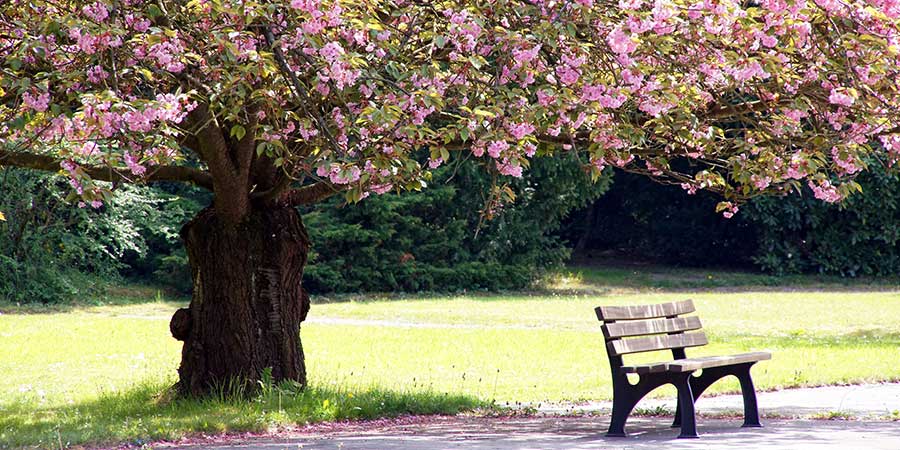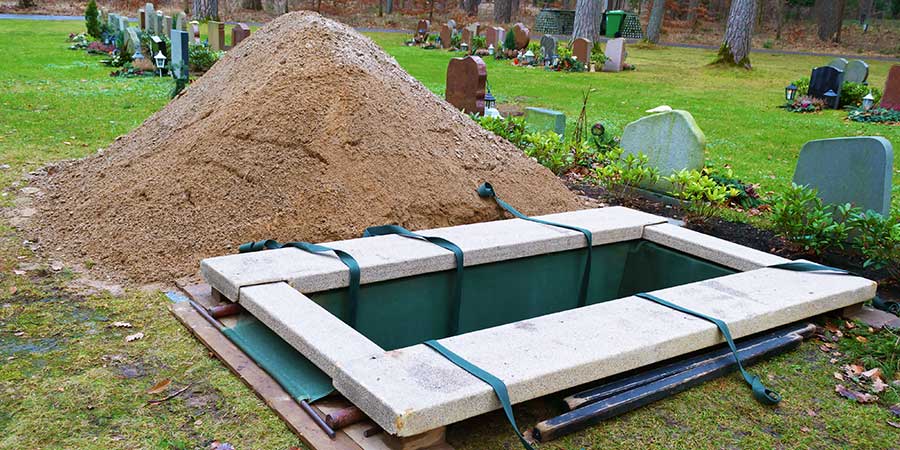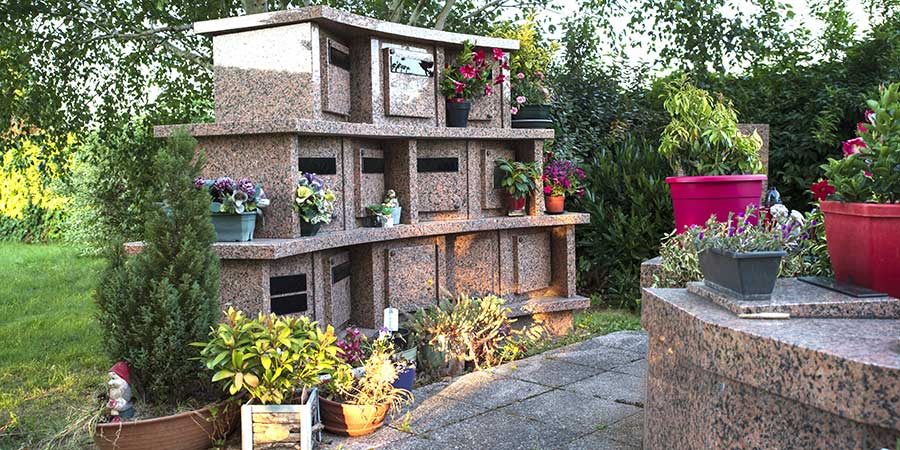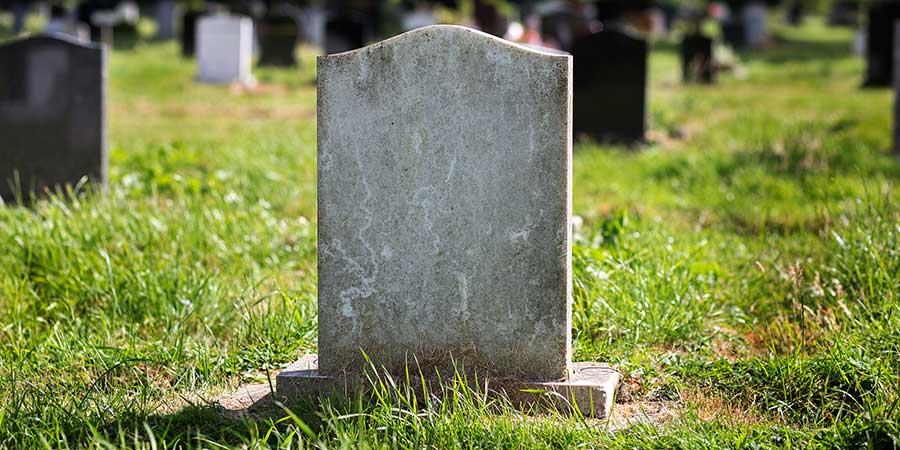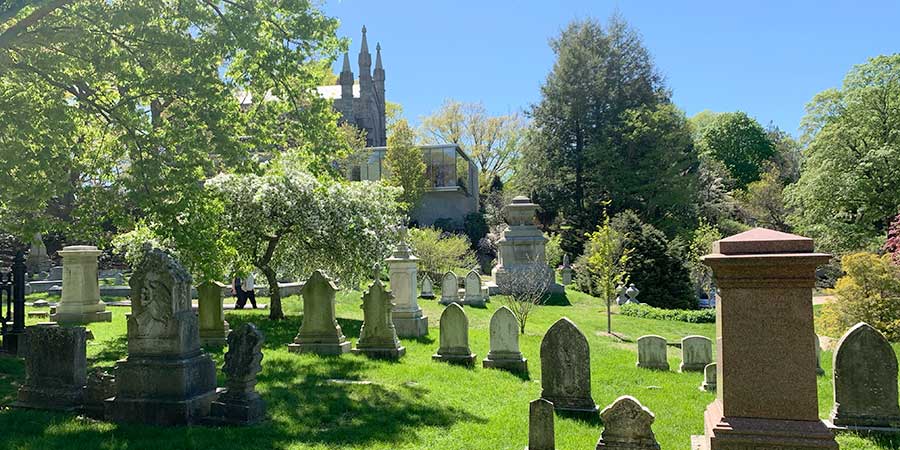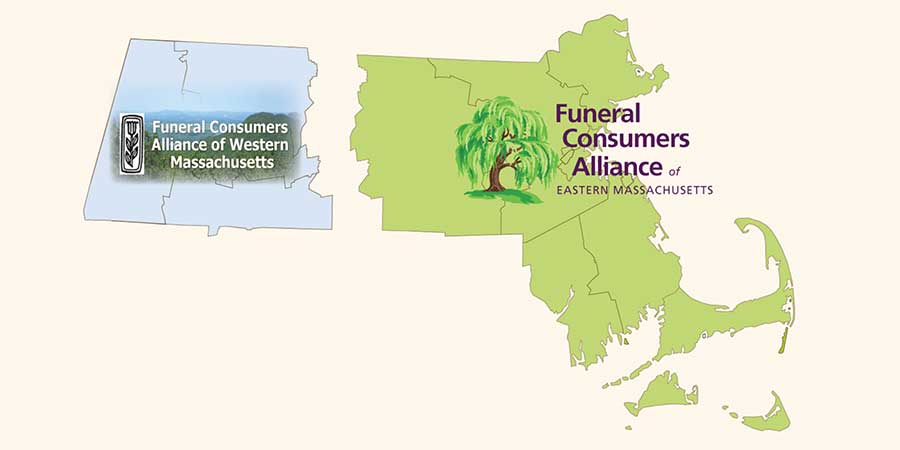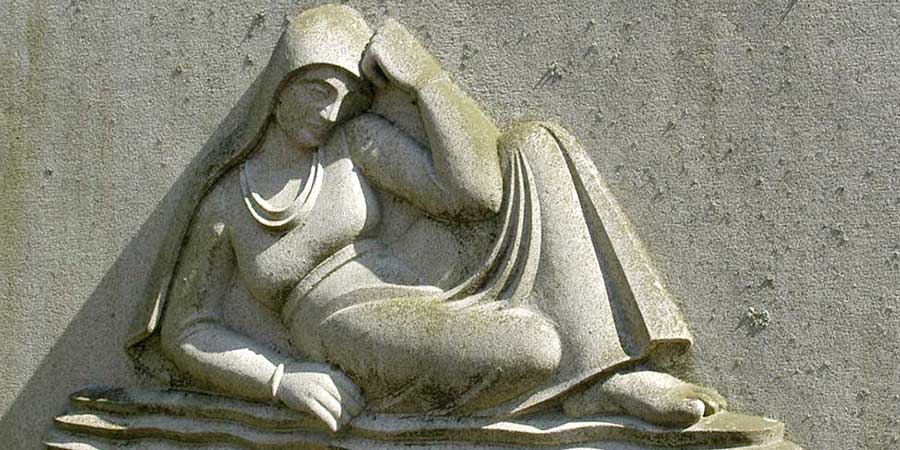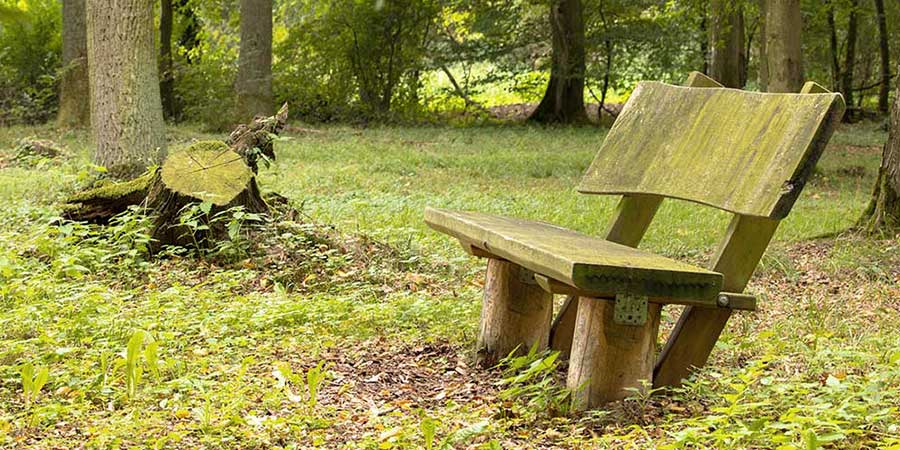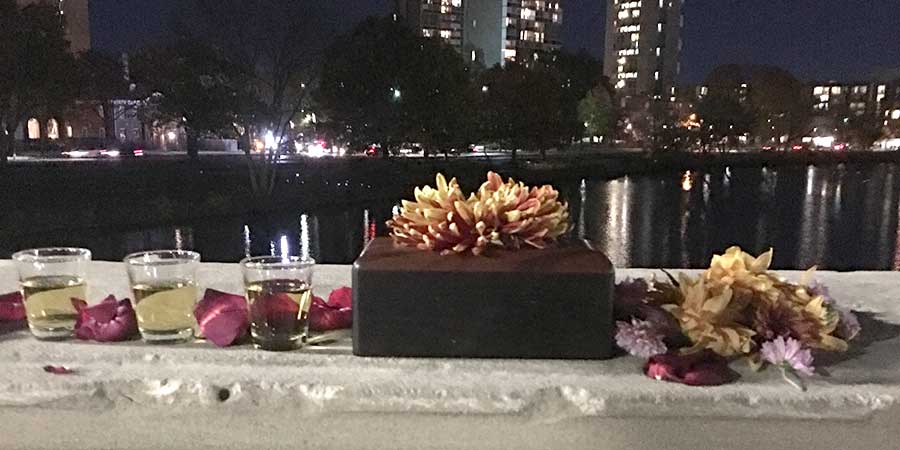I am here to testify in strong support of Bill H.4036 — An act relative to environmentally-friendly burial alternatives. I am the president of the Funeral Consumers Alliance of Eastern Massachusetts (FCAEM), which also covers the central part of the state. We are one of two nonprofits covering our state and are affiliates of the national Funeral Consumers Alliance. Our organizations are consumer advocates and resources for learning about and creating meaningful, dignified, affordable post end-of-life care. We support expanding and honoring people’s options for after-death care.
In giving presentations to community and professional organizations we consistently hear appeals for more options and the frustration at our lack of options now. Many residents are concerned about the difficulty of finding affordable, environmentally-sound, and values-aligned options in Massachusetts for the final disposition of our physical selves after we and our loved ones die. We have found strong support across our state for expanding body disposition options that are environmentally friendly.
At our annual meeting (Nov. 14th) our members and other attendees were excited to hear about the two options that H.4036 would make available. Our board voted in support of my testifying on behalf of FCAEM for this bill.
Allowing innovative enterprises that can meet the changing needs of Massachusetts’ funeral consumers will expand death-care options, help the state reach our carbon reduction goals, is good for the economy, and will create meaningful jobs.
Despite ongoing efforts, Massachusetts still has no green burial cemeteries that accept bodies outside a faith community or specific municipality. Municipal cemeteries are rapidly filling up, especially in the heavily populated eastern part of the state. We also note that burial is much more expensive than cremation.
H.4036 would add two greatly needed options for our residents for handling a body: alkaline hydrolysis (water cremation) appeals to those who prefer dissolution to incineration of our remains. This method uses less energy (fossil fuels), produces no stack emissions (unlike flame cremation which creates toxic mercury pollution), and (if desired) can produce a nutrient-rich soil amendment that returns the essential materials of bodies back to the earth in a form that can benefit other life.
Natural Organic Reduction is a method that has been used on farms for many years and which has origins (for human beings) right here in MA. The founder of Recompose, Katrina Spade, wrote her masters thesis at UMass Amherst based on an idea that has grown into this current technology. Returning our bodies to the earth without creating pollution of our air, water and land is an ancient practice as old as life itself. It has been proven to reduce carbon emissions by about one ton per person, which will help the state achieve our critical carbon reduction goals.
Natural Organic Reduction and Alkaline Hydrolysis offer respectful, reasonably-priced, and ecologically-smart solutions to the challenges of final disposition in our current times and will likely be viewed as common-sense choices in the years to come.
This legislation will allow residents and their families options that other states have already proven to be sound solutions to this problem. Residents should not have to drive to Maine to access “green” body disposition options.
Concerns: I do have two modifications to the bill that I hope will be considered. The first (Line 106) is that it calls for a waiting period of 30 days in cases of unclaimed bodies for the local board of health to approve disposition. Reducing this time period to ten days would reduce the cost of storage and help address the need for care of those who were indigent. The second issue (Line 111) states the Office of the Chief Medical Examiner “may” waive its fee. Please change that to “shall,” as we have learned that this option is rarely used and OCME’s fees have recently doubled.
I hope you will report the H.4036 favorably out of committee.
Patricia Muldoon
FCAEM President


